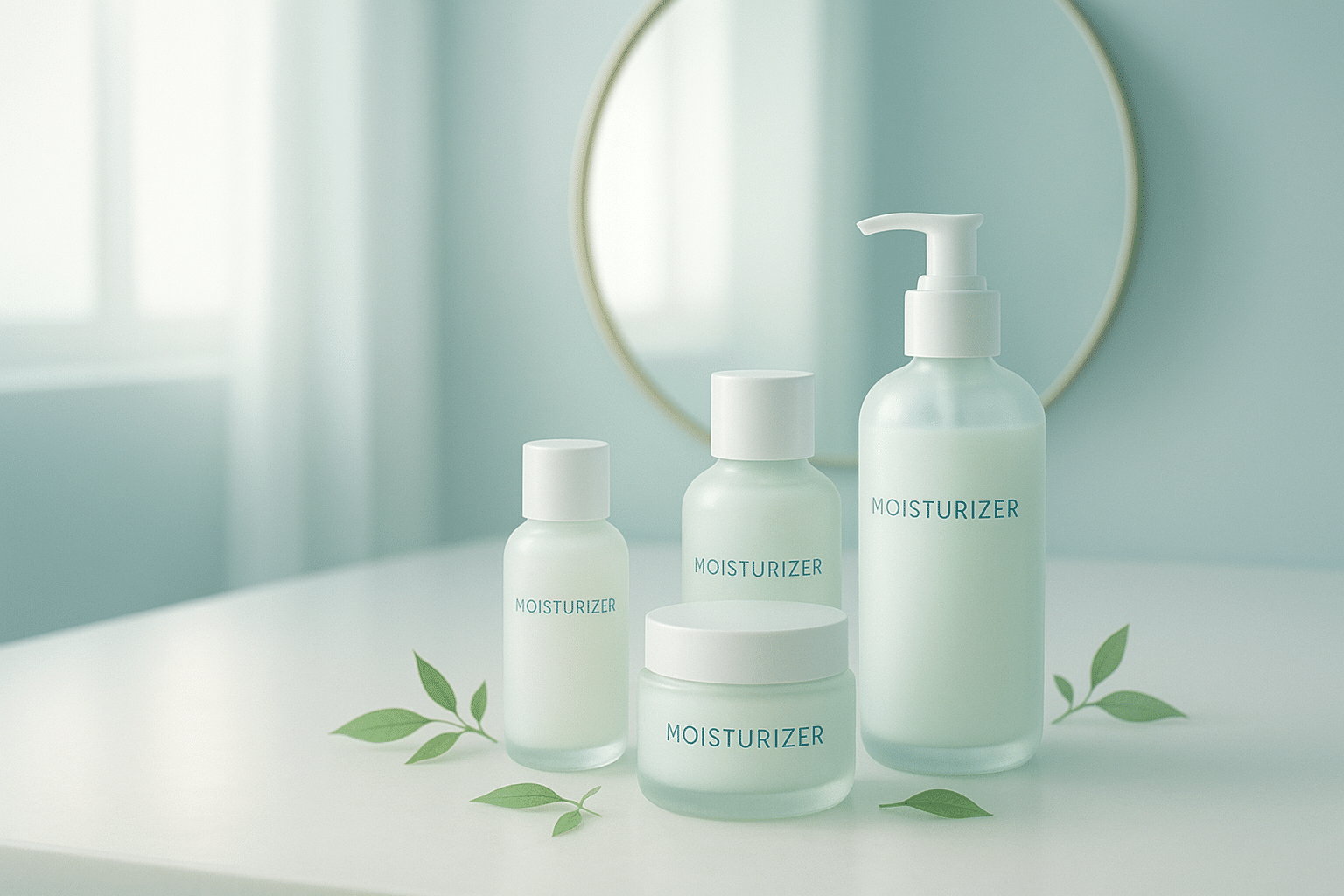How to Cure Acne: The Role of Moisturizers
Acne is a common skin condition affecting millions worldwide, often causing frustration and a dip in self-esteem. While there are countless treatments available, one element often overlooked is the role of moisturizers in managing acne. Can moisturizers really help in curing acne? Let’s dive into the details.
Table of Contents
1. Understanding Acne
2. Why Moisturizers are Important
3. Choosing the Right Moisturizer
4. How to Apply Moisturizer Effectively
5. Common Mistakes to Avoid
6. Conclusion
7. FAQs
Understanding Acne
Before we delve into the role of moisturizers, it’s crucial to understand what causes acne. Acne develops when hair follicles become clogged with oil and dead skin cells. Factors such as hormonal changes, certain medications, diet, and stress can exacerbate this condition.
Acne isn’t just about oily skin. In fact, over-washing or using harsh products can lead to dryness, prompting your skin to produce even more oil—creating a vicious cycle. This is where moisturizers come into play.
Why Moisturizers are Important
Many believe moisturizers are only for dry skin, but that’s a myth! Even if you have oily or acne-prone skin, moisturizing should be a key step in your skincare routine. Here’s why:
1. **Hydration**: Moisturizers provide the necessary hydration your skin needs to maintain its barrier function. A well-hydrated skin is less likely to overproduce oil.
2. **Balance**: Using products with acne-fighting ingredients can sometimes strip your skin of natural oils. Moisturizers help restore balance, ensuring your skin doesn’t become overly dry or irritated.
3. **Protection**: A good moisturizer can act as a protective barrier against environmental aggressors like pollution and harsh weather conditions.
Choosing the Right Moisturizer
Not all moisturizers are created equal, especially when it comes to acne-prone skin. Here are some tips for choosing the right one:
1. **Look for Non-Comedogenic Labels**: These products are specifically designed not to clog pores, reducing the risk of breakouts.
2. **Opt for Lightweight Formulas**: Gel-based or oil-free moisturizers are perfect for those with oily skin. They provide hydration without the greasy feel.
3. **Check the Ingredients**: Ingredients like hyaluronic acid, glycerin, and niacinamide are great for hydration and soothing inflammation. Avoid heavy oils like coconut oil that can exacerbate acne.
How to Apply Moisturizer Effectively
Applying moisturizer the right way can make a significant difference. Here’s how to do it:
1. **Cleanse First**: Start with a gentle cleanser to remove dirt and oil.
2. **Tone**: If you use a toner, apply it after cleansing to prep your skin for better absorption.
3. **Apply Moisturizer**: Use a nickel-sized amount of your chosen moisturizer. Gently massage it into your skin using upward circular motions.
4. **Don’t Forget the Neck**: Extend your application down to your neck, which is often neglected.
Common Mistakes to Avoid
Let’s look at some common pitfalls when using moisturizers:
1. **Over-Moisturizing**: Using too much can lead to clogged pores. Stick to a small amount.
2. **Skipping It Altogether**: Even if your skin feels oily, skipping moisturizer can lead to more oil production.
3. **Using Fragranced Products**: Fragrance can irritate sensitive or acne-prone skin, so opt for fragrance-free options.
Conclusion
Incorporating the right moisturizer into your skincare routine can be a game-changer for managing acne. It not only helps maintain skin balance and hydration but also protects against external factors. Remember, the key is selecting a product that suits your skin type and applying it correctly. Consistency is essential, so keep at it, and your skin will thank you! 😊
FAQs
Q1: Can moisturizers make acne worse?
A1: If you choose a heavy, oil-based moisturizer, it can potentially clog pores. Opt for non-comedogenic, lightweight formulas to avoid this.
Q2: Should I moisturize if I have oily skin?
A2: Yes! Moisturizing helps balance your skin’s oil production. Look for oil-free, gel-based moisturizers.
Q3: How often should I apply moisturizer?
A3: It’s best to moisturize twice a day, after cleansing in the morning and at night, to keep your skin hydrated and balanced.
